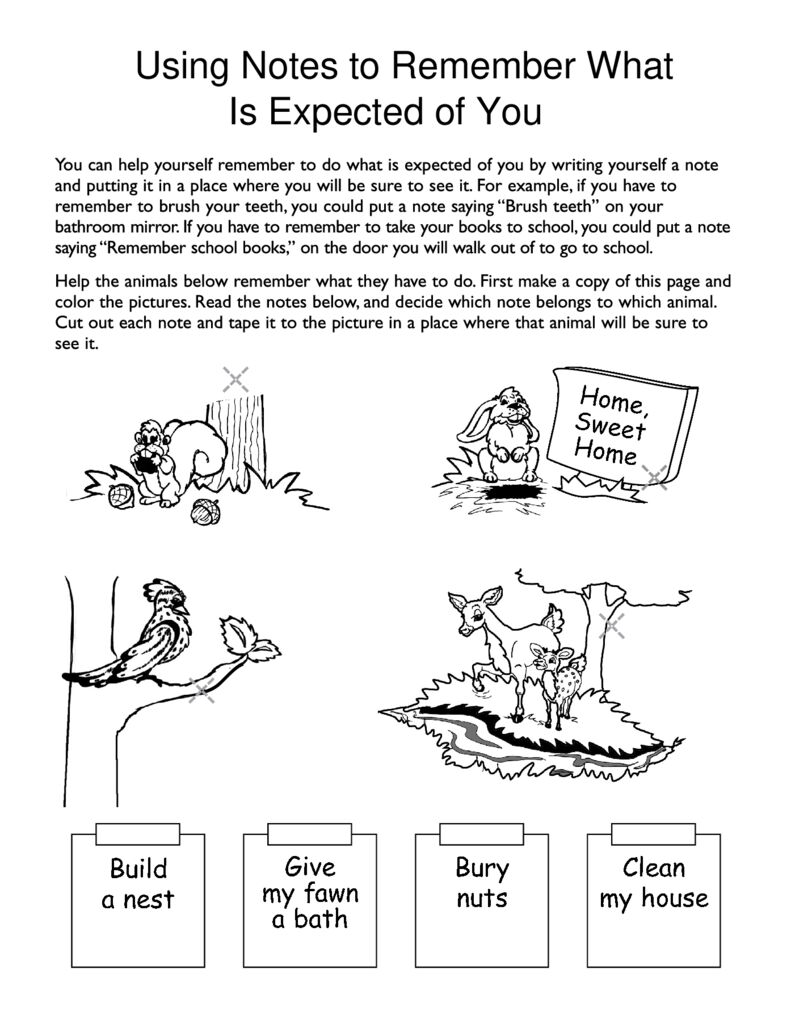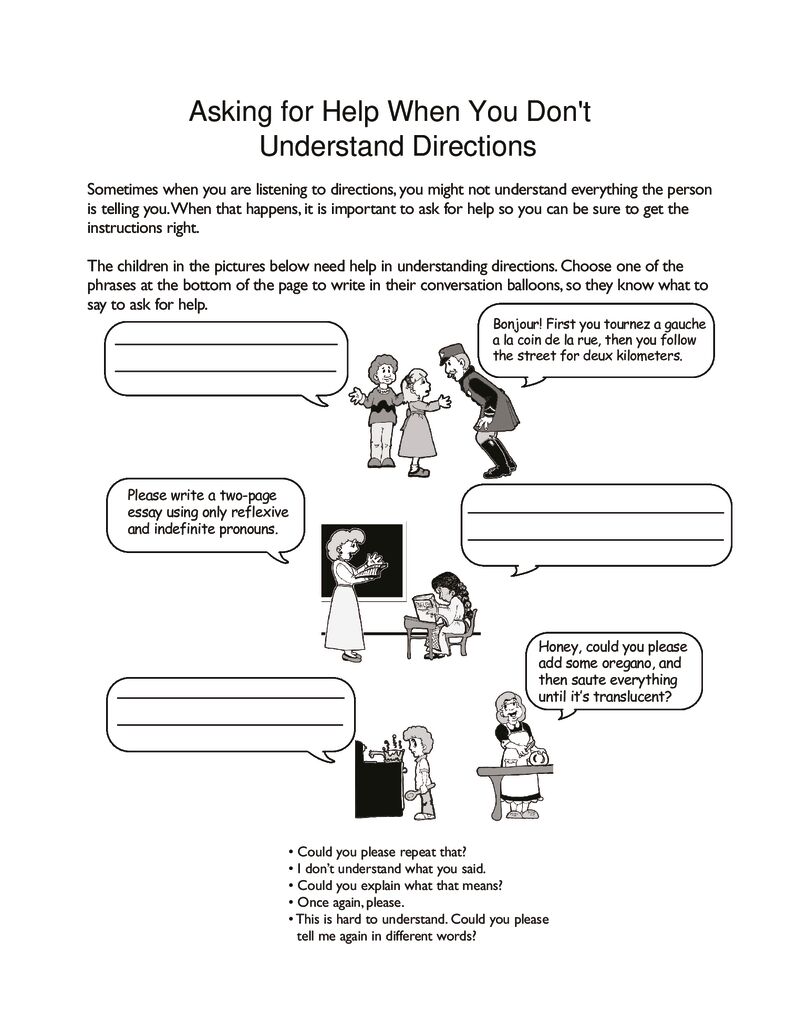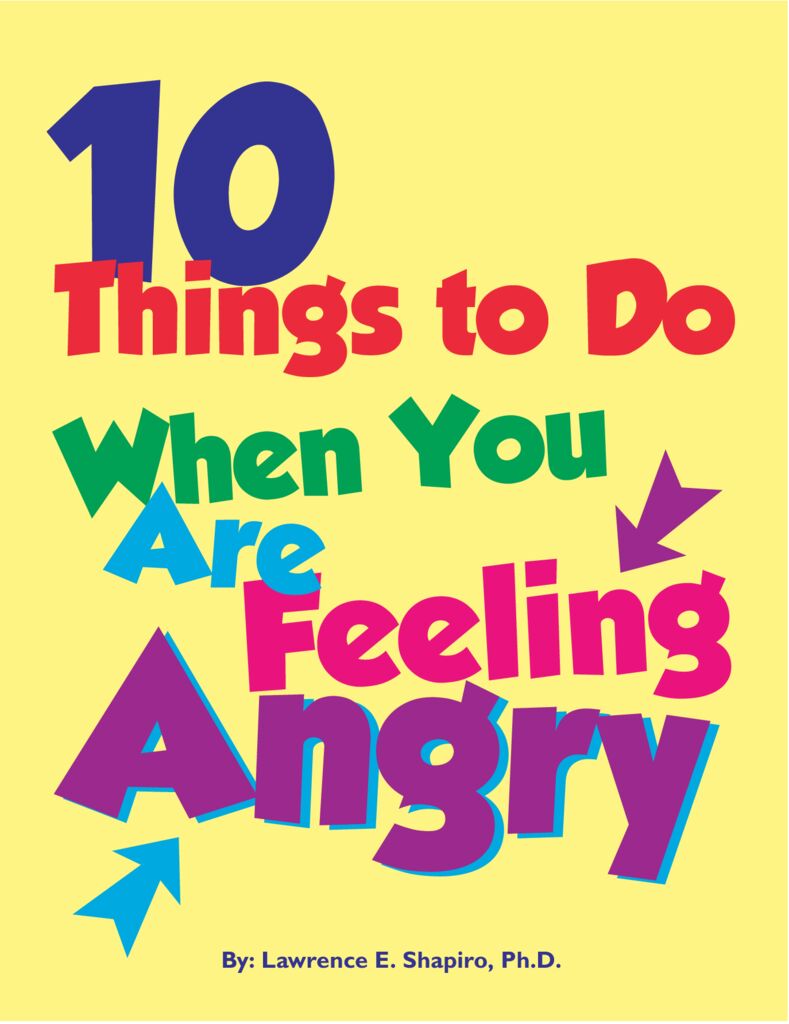Children learn best through play and we’ve kept this in mind while designing these original therapeutic activities for children, including worksheets, stories, and therapy games. Print these tools out for use in the home or classroom or use them in a counseling session.
Use the navigation links on the left of this page to view tools in a specific category. Or use the search function at the top of this page to find the exact tool you are looking for.
If you are looking for something you can’t find on this site, please let us know by clicking here and our team of writers, graphic artists, and therapists will custom design it for you.
Created by the National Alliance for Children’s Grief, this booklet gives adults guidance on how to talk to kids and teens following the death of a loved one. It includes guidance on subjects like viewing the body, explaining what happens to the body, and how to involve children and teens in end-of-life rituals and memorials. This is a thoughtful and comprehensive guide with links to a variety of other resources. (0724, death, grief, grieving, loss, healing)
This worksheet is designed to help children who avoid going to school due to worries about their health or the health of others. (0724, school phobia, fears, separation anxiety, health anxiety)
This worksheet is intended to help children think about manners at mealtimes and throughout the day. (0624, ADHD, behavior problems, social skills)
This 6-minute audio is designed to help children who are concerned about their health. The progressive relaxation audio teaches them to be aware and mindful of each part of their body. The worksheet includes a link to other audio as well as a transcript if you would rather read the meditation to a child. (0624, relaxation, health anxiety, body awareness, mindfulness)
This worksheet helps children learn that a good conversation is based on “give and take,” talking and listening. (0624. social skills, ASD, Asperger Syndrome, ADHD)
This worksheet teaches children the importance of kind acts. It asks them to write down the kind acts they do in a week. (0524, behavior, ADHD, ODD, oppositional, emotional intelligence)
This fun worksheet asks children to think about how to use notes to focus on expected behaviors. (0324, behavior, ADHD, following directions)
This worksheet is intended to encourage children to ask for the right kind of help when they don’t understand what is expected of them. (0324, listening skills, ADHD, impulsivity)
This worksheet teaches kids to think about their emotions and how they affect their behavior. (0324. ADHD, anger control, social and emotional learning)
This workbook for kids teaches techniques to help children under their anger and express it appropriately. Techniques include identifying anger triggers, talking about feelings rather than acting on them, becoming aware of when their anger “temperature” rises, changing negative thoughts to positive ones, and so on. (0224. anger control, emotional regulation, temper tantrums)










